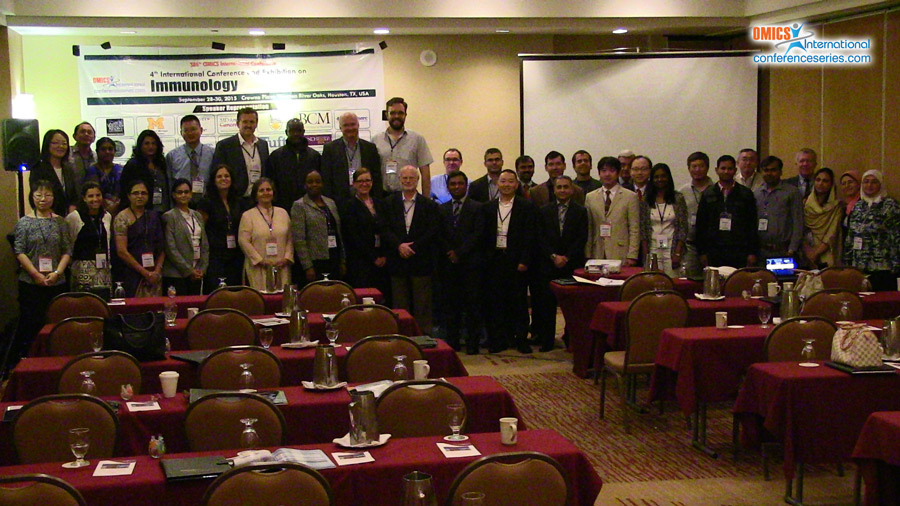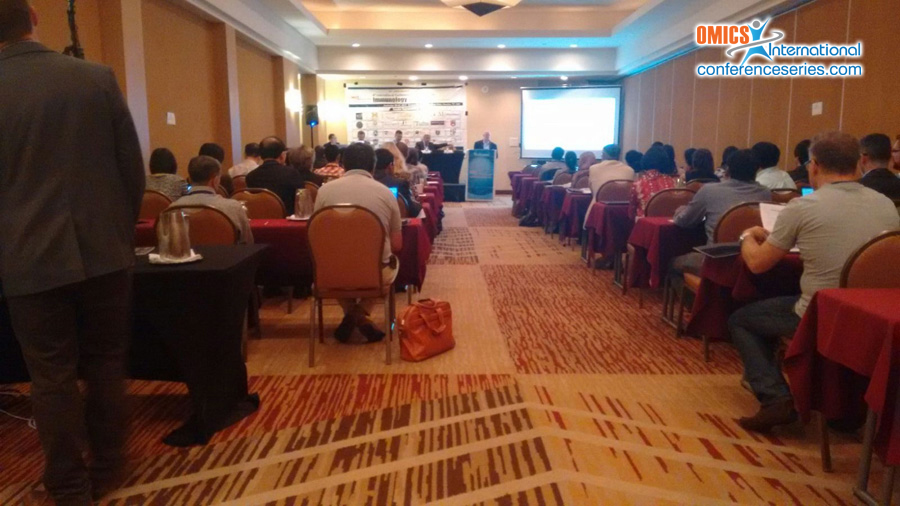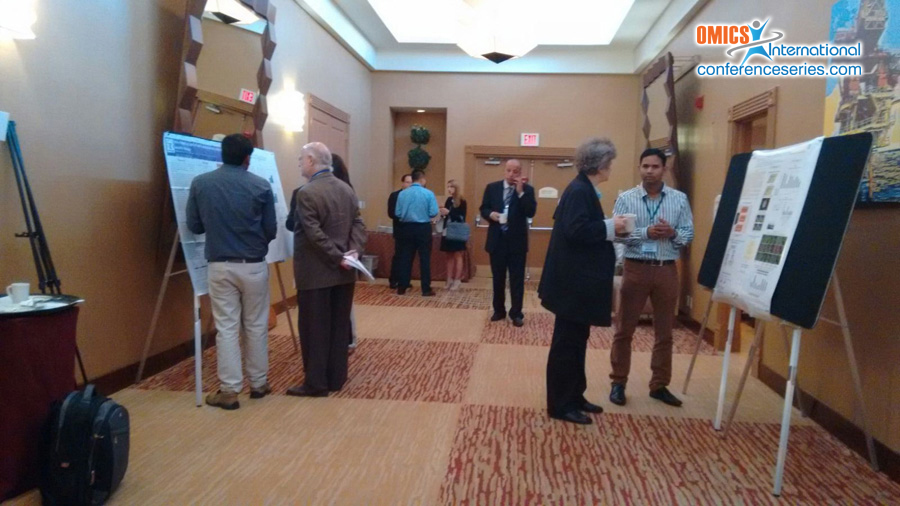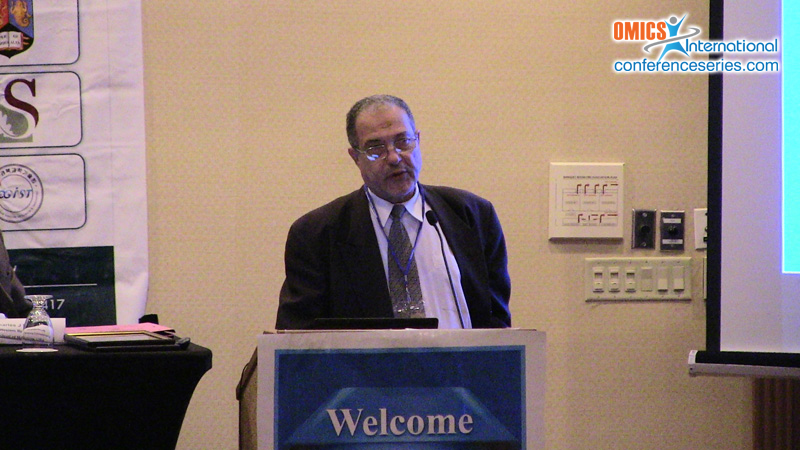Ahmed G. Hegazi
National Research Center, Egypt
Title: The effect of bee venom on rheumatoid arthritis patients
Biography
Biography: Ahmed G. Hegazi
Abstract
Bee venom acupuncture (BVA) from honeybee (Apis mellifera) was potentially used as complementary modality for treatment of many diseases. The aim of this study is to evaluate the efficacy of bee venom acupuncture as alternative medicine therapy for the long term treatment of rheumatoid arthritis (RA). This study is a randomized, controlled clinical trial with two parallel arms. The study intend to compare the effects of BVA by bee sting or bee venom collected by the electric shock device and p with pharmacotherapy only in patients with RA. Forty patients with Rheumatoid arthritis disease are allocated to group of patients with RA are treated with BVA (bee sting) therapy or bee venom collected by the electric shock device at apiacupoints twice a week with convention drug therapy. While other group of patient with Rheumatoid arthritis disease on convention drug therapy. Tender joint count, swollen joint count, morning stiffness, visal analog scal (VAS), health assessment Q, ESR, CRP, Tumor Necrosis Factor (TNF), Interleukin 1(IL1) Interleukin 6,(IL6), Nuclear Factor and Kappa B (NF-KB). All these parameters will be assessed before and after treatment. The results revealed that the bee venom apiacupuncture showed significant improvement in patients received bee venom group compare to patients received pharmacotherapy only. It is concluded that both modes of treatment for RA gave improvement regarding pain intensity, disability and quality of life being more evident in bee venom group supported with improved serum TNF, IL1. IL6 and NF-KB.
Speaker Presentations
Speaker PDFs
Speaker PPTs Click Here




